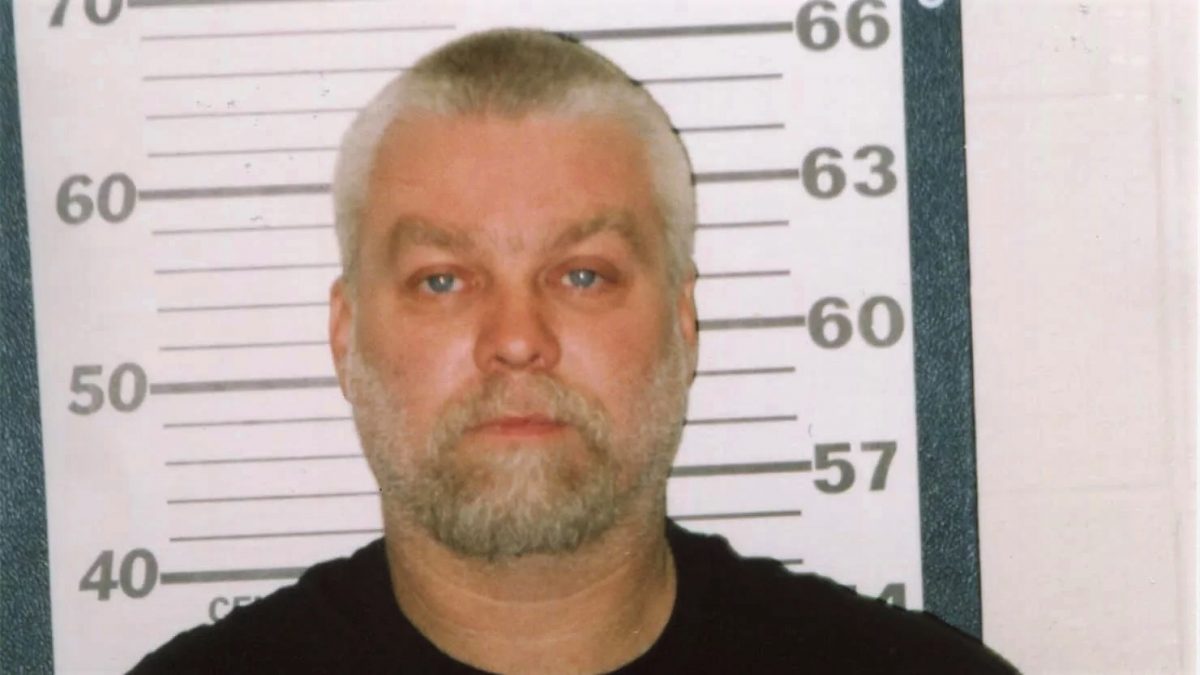
A Manitowoc County, Wisconsin trial judge has denied Making a Murderer subject Steven Avery‘s requests for both a new evidentiary hearing pertaining to his case and for a new trial. In doing so, she made one critical ruling, punted another, and took a swipe at the lawyering style of Avery’s post-conviction attorney, Kathleen Zellner.
READ the full ruling below.
Judge Angela Sutkiewicz issued an 11-page ruling Thursday that states the prosecution did not illegally withhold evidence during Avery’s 2007 murder trial. Additionally, she ruled that the Court of Appeals order which forced her to examine the Avery case did not allow her to reach the question of whether Avery’s original defense team provided ineffective assistance of counsel.
Alleged Brady Violations
In post-conviction motions, Zellner argued that a computer recovered from the home of Avery’s co-defendant, Brendan Dassey, contained images of sexually violent pornography. Zellner argued that the computer was most likely used, in her opinion, by Bobby Dassey, Brendan’s brother and Avery’s nephew. Based on the pornography, Bobby Dassey could have been named as an alternative suspect, Zellner argued, thus drawing attention away from Avery. The legal problem, according to Zellner, is that one disc of information from the Dassey computer was not turned over to Avery’s defense team. She argued that failure was a violation of Brady v. Maryland and its progeny. Brady requires that exculpatory evidence be turned over to the defense.
The judge disagreed and ruled that the Brady argument failed “in its entirety.”
“In order for the defendant to establish that there was a Brady violation in a criminal prosecution, the defendant must prove that evidence was suppressed by the state,” the judge ruled. “The state turned over 7 CDs [ . . . ] containing the contents of the hard drive seized [ . . . ] this is not disputed by either party in this matter.”
While the judge appeared to admit Zellner’s point that one “CD” was “missing” from the prosecution’s discovery disclosure to the defense, the judge said that “missing” disc “contained, with limited exceptions, the same information . . . on the CDs turned over to the defense in December, 2006.”
“What the prosecution failed to turn over to the defense was not the key information that the defense argues was critical to his case, but the summary impressions and compilation of information created by an investigator in this matter,” the judge wrote. “The state provided and the defendant was in possession of the information that he considered critical to his defense months before trial.”
The judge further dismissed the importance of a statement by original trial prosecutor Ken Kratz during the discovery disclosure process. Back then, Kratz characterized the Dassey computer as containing “no relevant evidence.” Prior to Avery’s original trial, defense attorney Dean Strang “responded [to Kratz] that the [computer was] not relevant, unless Brandon [sic] was called as a witness or his statements were offered at trial.”
The judge, in essence, said this strategic decision could not be used to support an argument in favor of a Brady violation. “If the defendant made the strategic decision to rely on the opinion of the prosecutor rather than review the evidence given to it pursuant to discovery, he cannot claim that the prosecution deliberately mislead him regarding the importance of any evidence contained therein,” she said.
Limited Review
Judge Sutkiewicz refused to reach the broader question of whether Avery’s original attorneys, Dean Strang and Jerry Buting, botched the case by failing to fully examine the seven CDs which were turned over. In so doing, she said her scope of review was limited by a previous order of the Wisconsin Court of Appeals.
“This court was ordered to review whether or not a Brady violation occurred in discovery. The Court of Appeals did not open the remand to any and all additional arguments that were not included in previous motions. As such, the court should not consider this issue,” she said.
Poor Lawyering?
Even though Judge Sutkiewicz said she couldn’t reach the issue of whether Buting and Strang provided ineffective assistance, she did take a few moments to comment on Zellner’s lawyering style:
[T]he one paragraph argument submitted by the defendant is completely inadequate. The argument is so sparse and unsupported by the record that it would be impossible for the court to find in favor of the defense on this issue. The defense cannot simply reference a case and make a statement incorporating large sections of the record to sustain a successful argument. Specific facts must be applied to specific sections of a ruling for the court to consider an argument. The defendant cannot throw a single paragraph into a thirty-three page motion and expect the court to do his work for him. It is a well established principal in Wisconsin law that a court will not act as an advocate for any party, searching the record for evidence that might support its argument. [Citation omitted.] If the defendant intended to make a serious argument on this point, he should have done the work necessary to support such a position.
The Avery case will now almost certainly move back to the Wisconsin Court of Appeals for additional review.
Steven Avery Trial Judge Order 9-6-2018.pdf by Law&Crime on Scribd
[Editor’s note: this piece has been updated to include a PDF of the judge’s ruling.]
[Image via mug shot from the Calumet County, Wisconsin Jail.]
Have a tip we should know? [email protected]